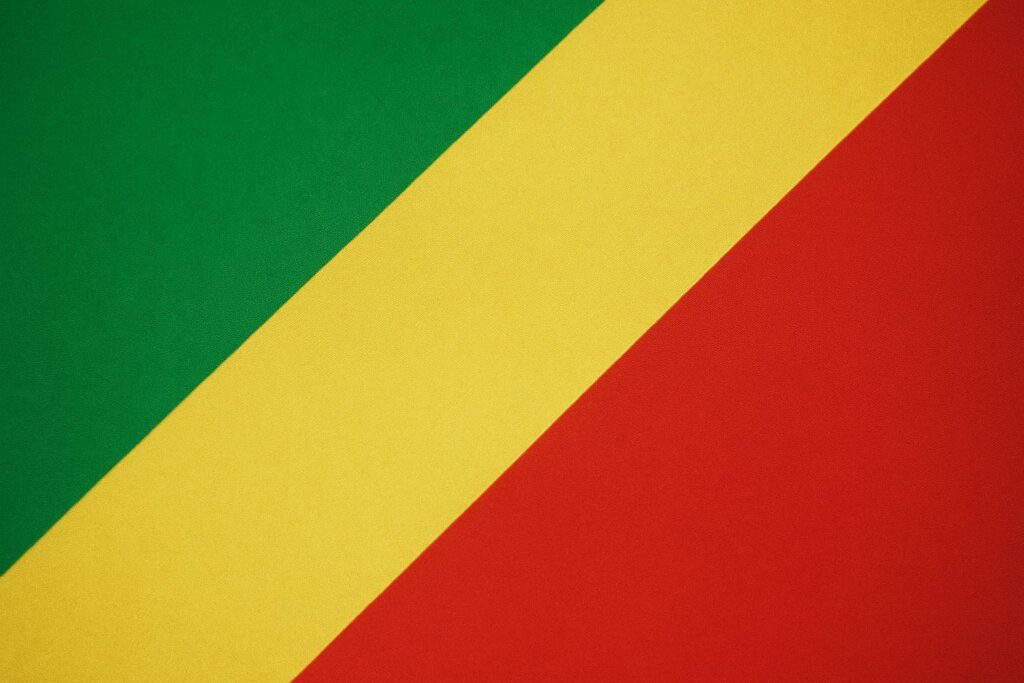A Historical Tapestry
Lying on the cusp of Central Africa, the Republic of the Congo, colloquially known as Congo-Brazzaville, is a country enshrouded in historical significance and complexity. Narratives of Bantu-speaking tribes, who established trade routes through the Congo River basin millennia ago, laid the foundation for the nation’s cultural landscape. The region’s past is punctuated by the ascendance of kingdoms such as Vungu and Loango, which emerged as prominent confederations by the 16th century.
Colonial Imprint and Political Evolution
The late 19th century marked a new era as France extended its influence, turning the region into part of French Equatorial Africa. The Republic of the Congo officially emerged in 1958, achieving independence two years later. Its political path has been tumultuous, reflecting shifts from a Marxist-Leninist governance model in 1969 to a multi-party democracy by 1992. However, political stability remained elusive, as evidenced by the 1997 Civil War, which saw President Denis Sassou Nguesso return to power.
Oil, Economy, and Challenges
Strategically positioned in the Gulf of Guinea, the Republic of the Congo is the fourth-largest oil producer in the region. This resource has been both a boon and a bane, fuelling economic prosperities yet exacerbating inequalities. The 2015 dip in oil prices highlighted vulnerabilities, slowing growth and stoking socio-economic disparities. Despite its wealth in hydrocarbons, the question of equitable resource distribution continues to challenge the nation’s socio-political fabric.
Cultural and Global Engagement
In the cultural domain, Christianity prevails as the dominant faith, reflecting the country’s colonial past and contemporary identity. On the international stage, Congo-Brazzaville is active in the African Union, United Nations, and other organizations, striving for a platform in global discourse. As articulated in the 2024 World Happiness Report, where it ranks 89th, the country is caught between aspirations and challenges for a stable future.
Looking Ahead
With a rich history and a complex political landscape, the Republic of the Congo faces the dual task of embracing reform and resonating with its past. The ability to navigate its oil-dependent economy and pursue balanced governance remains pivotal for its progress. As it grapples with these intricacies, its journey continues to be both a reflection of its historical ties and a testament to its resilience.

